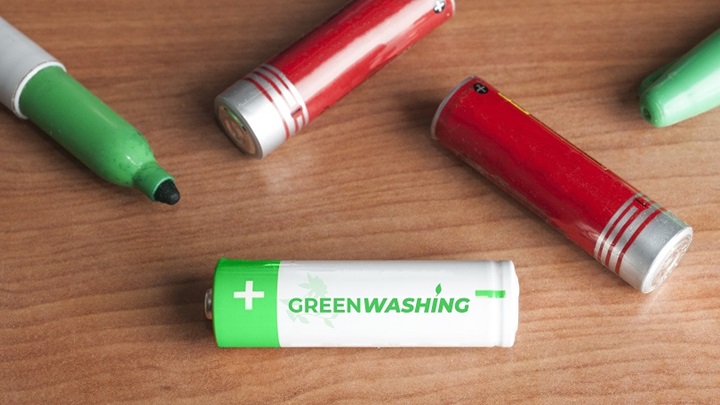The Australian Competition & Consumer Commission (ACCC) has provided businesses with eight principles to help them make accurate environmental claims about their products and services.
“Environmental claims are useful for consumers when they can easily understand what the environmental benefit is, and if there are any restrictions that can limit this benefit,” ACCC acting chair, Catriona Lowe, said.
“For consumers to drive change, they need to be able to trust that the products and services they are buying genuinely are sustainable, and businesses making real efforts to deliver benefits should not be disadvantaged by rivals making disingenuous claims.”
The principles are listed in the final guidance on environmental claims, which was published after the ACCC had incorporated feedback from stakeholders following the release of the draft version in July.
The eight key principles include:
- Make accurate and truthful claims.
- Have evidence to back up your claims.
- Don’t hide or omit important information.
- Explain any conditions or qualifications on your claims.
- Avoid broad and unqualified claims.
- Use clear and easy-to-understand language.
- Visual elements should not give the wrong impression.
- Be direct and open about your sustainability transition.
“It is important for businesses to consider whether they are exaggerating the environmental benefits of their product or services and whether they have a reasonable basis to make the claims, otherwise they risk breaching the Australian Consumer Law,” Lowe stated.
The ACCC is expected to release further guidance for businesses and consumers on emission and offset claims in early 2024.
These moves came after the commission conducted a greenwashing internet sweep in December 2022, which found 57 per cent of businesses reviewed were making potentially misleading environmental claims.
This story first appeared on our sister publication Internet Retailing
















